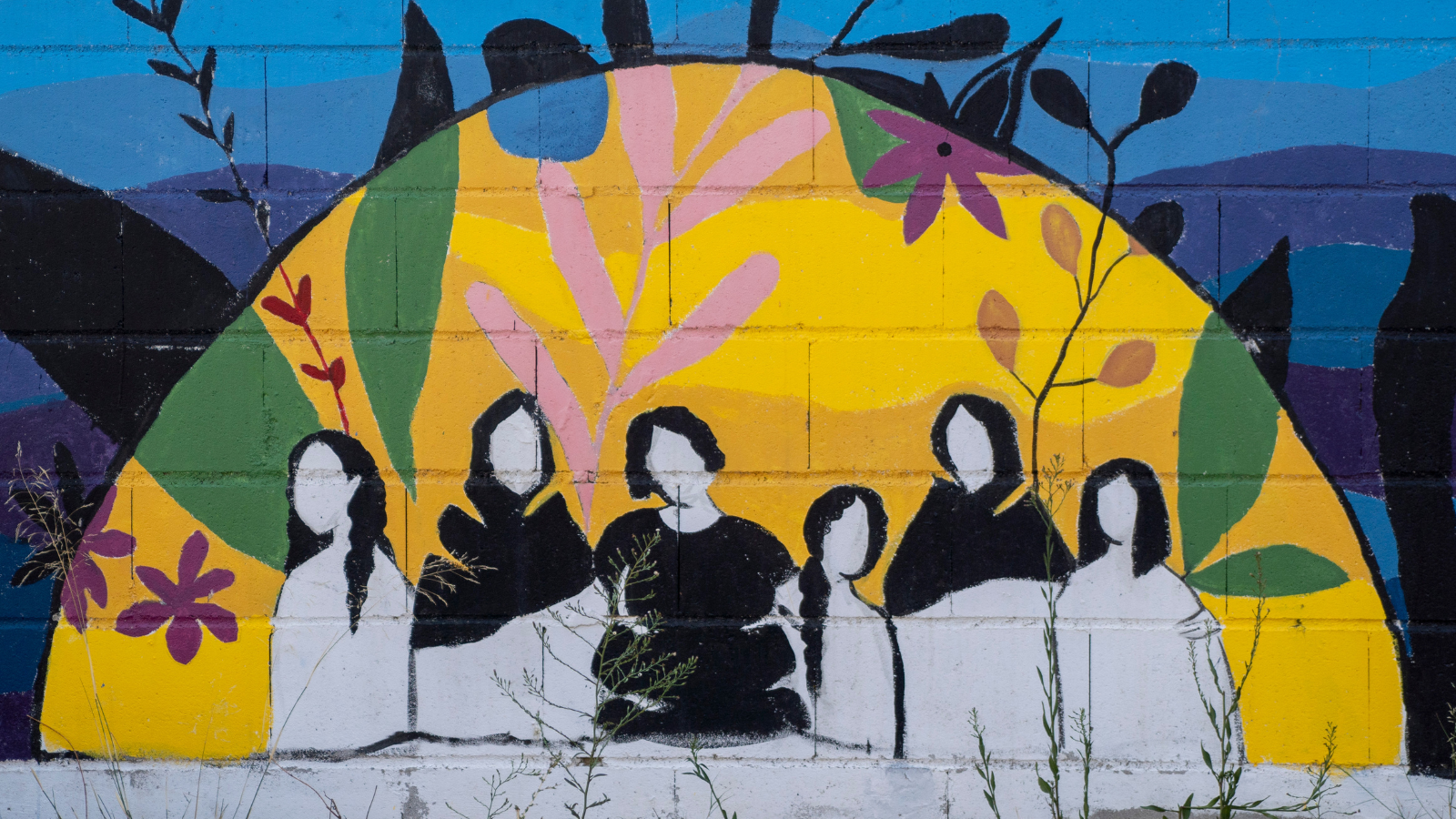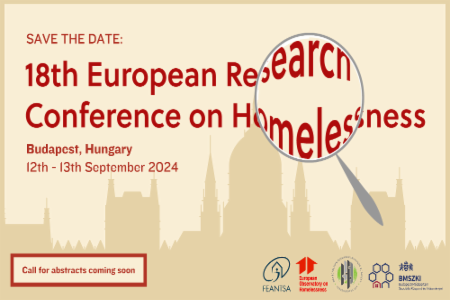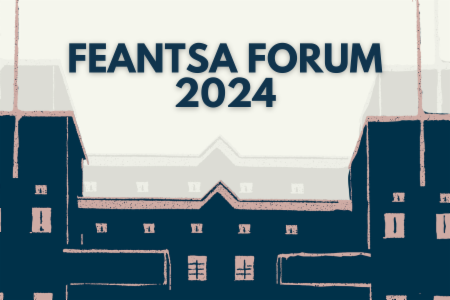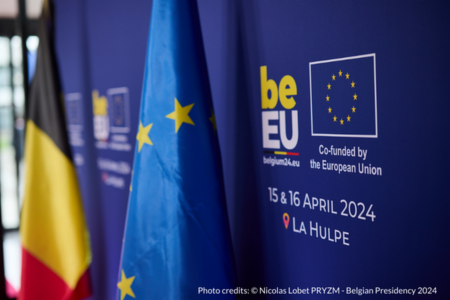PRESS RELEASE
Social entities ask the Spanish State to comply with the demand of the European Committee of Social Rights to immediately reinstate the energy supply to Cañada Real

Download the press release in English
Download the press release in Spanish
Download the press release in French
Download the Executive Summary of the Complaint
The Civic Platform Light for Cañada Real and the five organisations who have signed the petition celebrate the adoption of the precautionary measures and the granting of the collective complaint, the first of its kind against Spain.
Madrid, 28 October 2022. The European Committee of Social Rights, a body of the Council of Europe, has asked Spain to adopt immediate measures to guarantee adequate access to electricity and heating in Cañada Real (Madrid), accepting the petition drafted by the neighbours of Cañada Real as well as national and international Human Rights organisations.
The Plataforma Cívica Luz para la Cañada Real (Civic Platform Light for Cañada Real) and the organisations who lodged the complaint – Defence for Children International (DCI), the European Federation of National Organisations Working with People Experiencing Homelessness (FEANTSA), Magistrats Européens pour la Démocratie et les Libertés (MEDEL), Confederación Sindical de Comisiones Obreras y Movimiento Internacional ATD Cuarto Mundo – as well as Gentium, who coordinated the judicial complaint, celebrate the decision taken by the European Committee of Social Rights and strengthen their commitment to continue demanding that the Spanish State guarantees the respect of the rights of the European Social Charter.
Javier Rubio, the spokesperson of the Civic Platform Light Now for Cañada Real, has noted that “the neighbourhood associations of Cañada Real and the organisations we support from the Civic Platform proudly receive the decision that judicially supports on a European level our petitions, and, conscious of the many obstacles that exist because of the pressures of the urban planning developments in the area, we are encouraged to increase the cooperation and mobilisation across society to ensure an urgent reinstatement of the [energy] supply. Now more than ever, we ask for light immediately, contracts and a committee to monitor the situation. We ask for justice for Cañada Real”.
Freek Spinnewijn, director of FEANTSA has also received positively the news “As an organisation who has presented in the past other collective complaints to ensure the right to housing in Europe, FEANTSA favourably welcomes the decision of the European Committee of Social Rights and demands the need to protect the rights and dignity of the most vulnerable people in society”.
For Filipe Marques, president of MEDEL, "guaranteeing the minimum standard of living means ensuring respect for human dignity, which is the foundation of the human rights that all of us - states, individuals and companies - are obliged to respect. This decision does nothing more than restore the human dignity of the thousands of citizens of the Cañada Real. MEDEL welcomes it and hopes that the Kingdom of Spain will implement it fully and as soon as possible, demonstrating that it is a State which is truly based on - and promotes – the respect for human rights.
Daniel García Blanco, secretary of ATD Cuarto Mundo, has commented that “uniting to respect the rights of those who are forced to live in situations of extreme precarity is an obligation that we all must assume. By pooling together our strengths and knowledge we are able to get recognised organisations, such as the ECSR, to respect these rights. Now it is time to continue to work for these recommendations to be implemented and for all of the rights of the people of Cañada Real to become fully efective. This example opens new paths to other fights in favour of the resilience and dignity of those who live in extreme poverty”.
Manuel Rodríguez Núñez, Secretary of Social Policies and Diversity at CCOO, has declared that “from the syndicate we congratulate ourselves for this decision, the first one of its kind in Spain, leaving the Spanish State in a deplorable situation, as it corroborates that human rights have been violated in Cañada Real Galiana. We demand that the Spanish Government, the Community of Madrid and the different municipalities of Madrid and Rivas Vaciamadrid immediately reinstate and guarantee the energy supply for the entire population. It would be absolutely embarrassing if the neighbours of Cañada Real, with more than 2,000 children, have to face another winter (which would be the third one) without heating”.
Lastly, Alex Kamarotos, executive director of Defence for Children International, "rejoices at this historic judgement by the Council of Europe’s Committee of Social Rights, as it considers our complaint regarding the population of children and teenagers of the Cañada Real to be admissible, which means that Spain will have to immediately reinstate the energy in this place located in the heart of Europe. This decision justifies the efforts and the solidary which has been expressed for years, and the hope that the fundamental human rights and the rights of children and teenagers, including the right to life, be respected before the winter comes, as it will only create more victims. From DCI, we ask the national, regional and local governments to, together with neighbours of Cañada Real, propose an integral solution to the settlement, reigniting the sprit of the Regional pact of Cañada Real, signed in 2018. The solution should take into account the report that Philip Alston, the United Nations Rapporteur, did in 2020 on extreme poverty and human rights. This report presents a heart-wrenching and detailed description of the poverty and social exclusion conditions in which thousands of families of the Cañada Real live in.”
First collective complaint against Spain
On 2 March 2022, the above-mentioned organisations presented a collective complaint to denounce that Spain was not complying with the adopted obligations of the Council of Europe as detailed in the European Social Charter, as it did not ensure the supply of heating and energy to around 4,500 people who live in sectors 5 and 6 of Cañada Real, of which at least 1,800 are under age. The energy supply was interrupted in October 2020 and continues to this day. Additionally, they asked for preventive measures to be adopted urgently.
It is an unprecedented decision, passed unanimously on 19 October 2022. The Committee demands that the Spanish State has to adopt “every possible measure” in order to avoid “grave and irreversible dangers to the integrity of the people” who live in Cañada Real and who “do not have adequate access to electricity, exposing themselves to life-threatening dangers and risks to their physical and moral integrity”. Spain will have to report on the adopted measures before 15 December.
The Committee underlines that the prolonged and recurrent lack of energy has had “an incredibly severe impact on the living conditions of the population in question, specifically in terms of housing, heating and health”. It considers that the neighbours of Cañada Real who have been totally or partially deprived of energy would run the risk of grave and irreversible danger, especially during the upcoming winter.
The Committee has also granted the collective complaint, the first of its kind against Spain, who has until 15 December to present its allegations.
Impact of the lack of energy supply on the rights recognised by the European Social Charter
The lack of energy supply has a devastating impact on the lives of the people suffering from it, as they cannot store fresh foods or shower with hot water. It causes diseases and the worsening of pre-existing medical conditions. It also renders the use of essential medical devices difficult and jeopardises the correct storage of medicines.
As a consequence of the continued interrupted supply of energy and the lack of measures to reinstate it, the State is vulnerating, among others, the right to decent housing, the right for children to seek assistance, the protection against negligence and violence, the right to education, the right to protection against poverty and social exclusion, the right to equal treatment between men and women, access to quality healthcare, but also the right to social integration and participation in community life, all of which are included in the European Social Charter.
The Spanish State has yet to implement any measures to reinstate the supply or provide an alternative to those affected in order to guarantee the above-mentioned rights.





